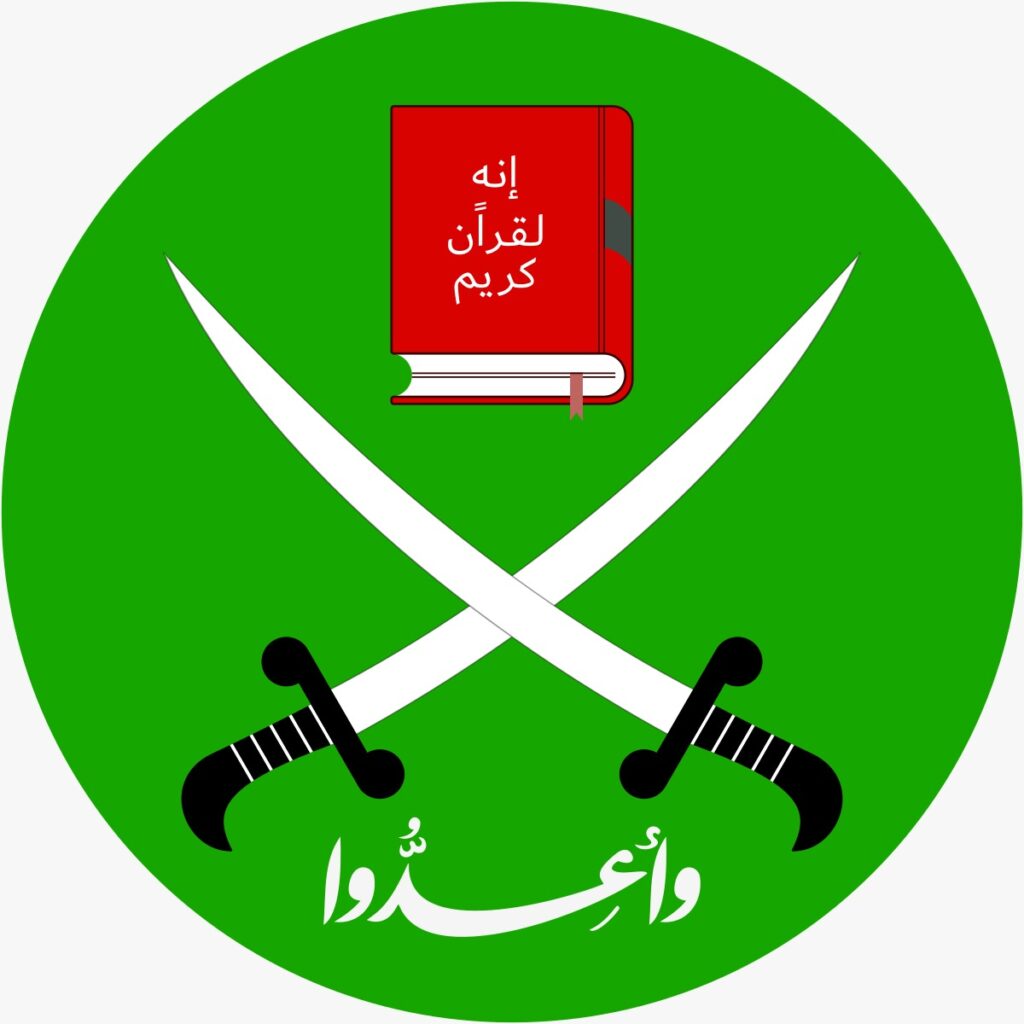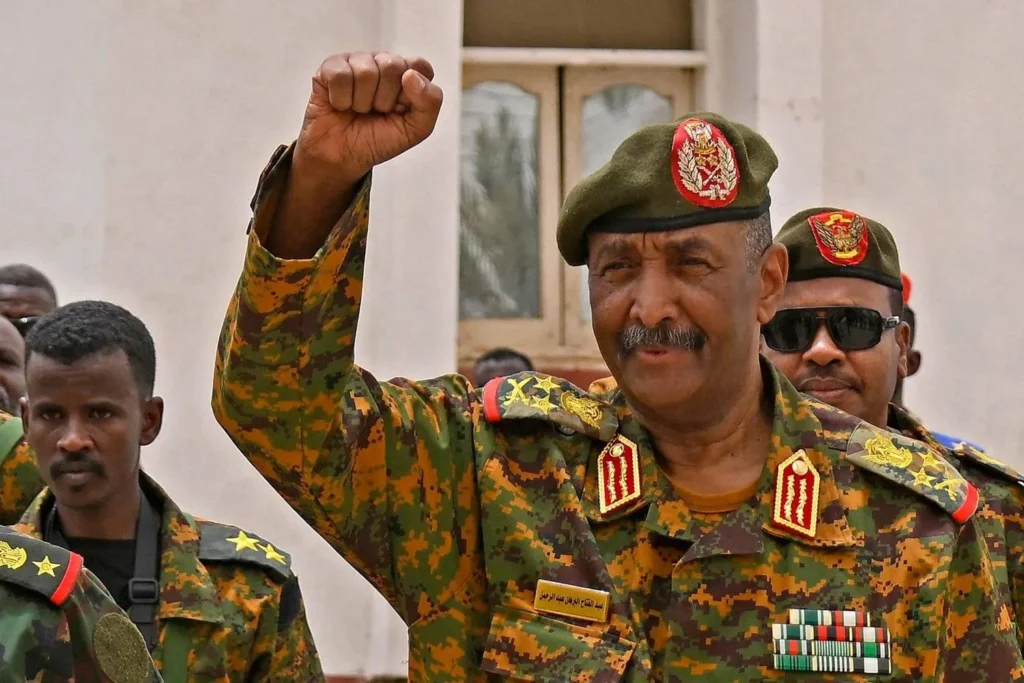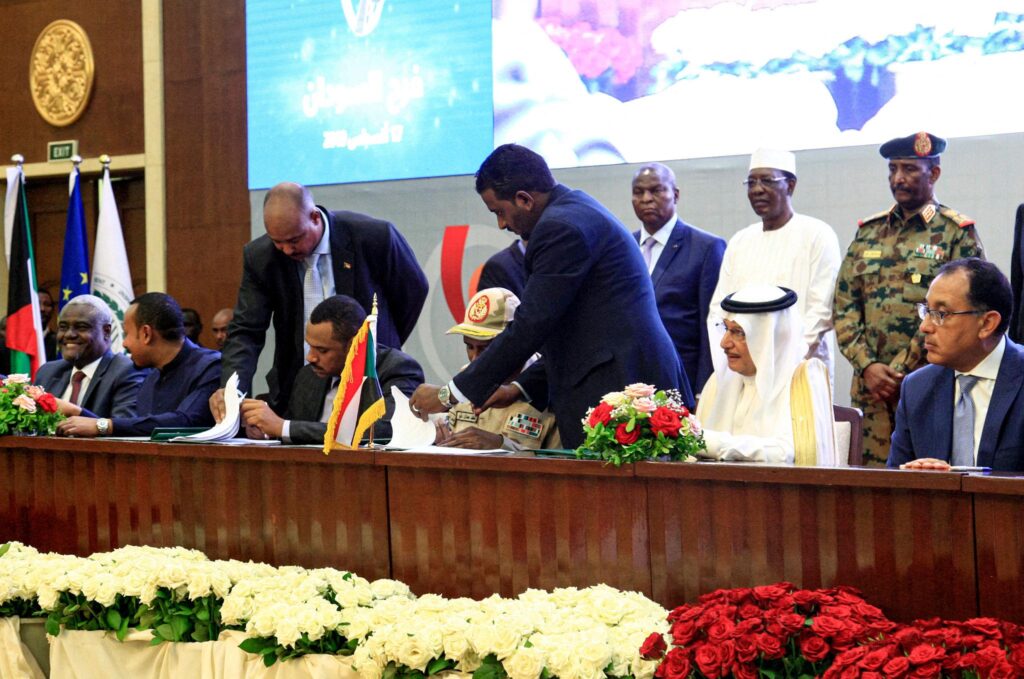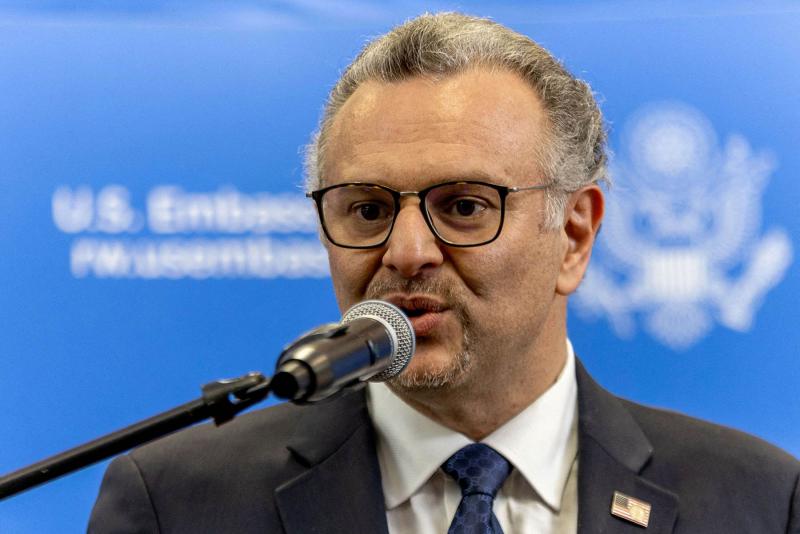
Dr Tom Haj Al-Safi, an international relations expert, says the key question in Sudan’s crisis is no longer “who started the war?” but “who benefits most from its continuation?” He notes that reality itself reveals the culprit, and the clear contradictions in the positions of the “Kizan group”, the Islamic Movement and the Muslim Brotherhood are the strongest evidence of attempts to prolong the conflict.
In an article published on Al-Rakoba, Haj Al-Safi explained that “Sudanese people no longer need secret documents or fact-finding committees. Reality itself exposes those responsible,” stressing that the Kizan group shows a strange duality, revealing the absence of a national stance in favour of political gain.
He added that the welcoming of interventions by leaders like Ali Karti and Burhan from the quartet (Trump and Mohammed bin Salman) was not motivated by a love for peace but by hope for “a gateway back to the political scene.”
Haj Al-Safi continued that whenever another faction within the group opposes the quartet, the manipulation becomes clear: “One wing welcomes to open a door, another wing refuses to close another, while the people in the middle pay the price.”
He also criticised the duality of power by General Burhan, saying he “no longer hides his contradictions,” issuing “welcoming statements here and opposing speeches there, a two-faced tongue changing depending on the audience and place.”
The expert said this behaviour reflects an attempt to escape the fact that his political and military leadership is tied to the Kizan Brotherhood, who want the war to continue at any cost.
Haj Al-Safi warned that “the world is not fooled” by the misleading statements and repeated declarations from the Islamic Movement, which tries to reassure the international community while sending conflicting signals to internal allies.
He added that Washington’s involvement, represented by Trump, signals that the US “will not allow the situation to turn into one of the Islamic Movement’s staged dramas” and will prevent the Sudanese crisis from being used as a bargaining chip or a backdoor entry to power.
He concluded that the war “was not ignited by chance, nor does it continue due to complexity.” There is one party, referring to the Islamic Movement, that still fights against any path to a solution, knowing that the end of the war would mean “the end of its influence, its system, and its trade in blood and destruction.”




